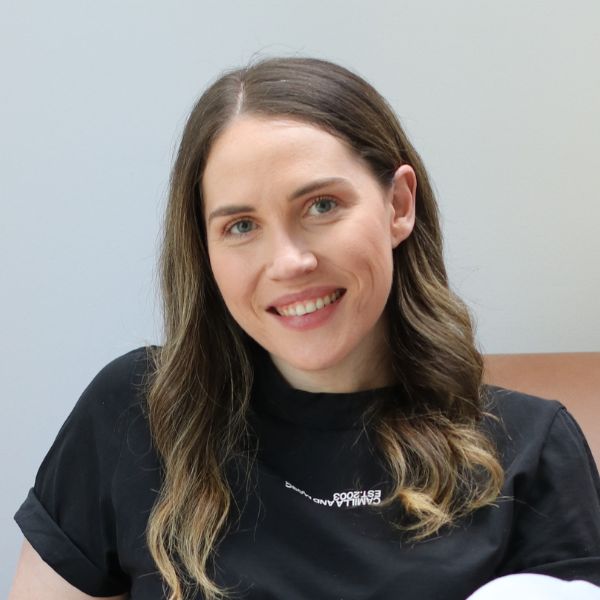By Latoya Cruz
In a Nutshell
- Menopause causes bone loss in women due to decreased estrogen and increased calcium excretion.
- Menopausal women need 1200mg of calcium daily to minimize bone loss and osteoporosis risk.
- Signs of calcium deficiency include muscle cramps, dry skin, and fatigue. Blood tests can confirm deficiency.
- Vitamin D improves calcium absorption. Get it from sunlight, supplements, or foods like salmon.
Introduction
As our body grows and changes, so does its need for certain nutrients. Calcium, in particular, is required at a higher dose for women during menopause compared to those who are not yet menopausal.
In this article, we look at why the female body needs more calcium during menopause, the best ways to absorb calcium, and how to ensure menopausal women are consuming enough calcium.
Why do menopausal women need more calcium?
As the female body matures, certain processes start to change and slow down, including our metabolism and how effectively we can absorb nutrients and store them in our muscles and bones. In turn, our muscles and bones are prone to breakdown and breakage unless we ensure we are consuming adequate nutrient intake. Menopausal and peri-menopausal women are at risk of bone loss and bone fractures. This is due to bone loss caused by a decrease in oestrogen levels, resulting in a lower production of calcium. There is also an increase in urinary calcium excretion and calcium resorption within this category of women. However, by consuming enough calcium through diet and supplementation, these women are less likely to have the same risk factors compared to someone who may be depleted or malnourished in calcium.
How Much Calcium Do Menopausal Women Need?
Research suggests that menopausal women should consume 1200mg of calcium per day to minimise their chances of developing conditions such as bone loss and osteoporosis. Osteoporosis is characterised by weak bones, increased risk of bone fractures, and high risks of falls. By including a variety of calcium-rich foods in our diets, such as chia seeds, dairy products, salmon, sardines, tofu, nuts, beans and legumes, and leafy greens like spinach, we are offering our bodies the nutrition it needs to maintain bone mass and density.
How to enhance calcium absorption:
Further research also shows that consuming vitamin D alongside calcium will also increase the absorption rate of the mineral. Some easy ways to up vitamin D intake include exposure to sunlight, supplementation, and diet. Think salmon, eggs, sardines, and red meat.
Am I Getting Enough Calcium?
You may be alerted to the fact that you have become deficient in calcium due to some signs and symptoms that the body may show. These signs and symptoms usually present as muscle cramps and spasms, twitching muscles, or pins and needles in the hands and/or feet. You may also start to notice dry skin, weak nails, and coarse hair. Other signs may present as a lack of energy, brain fog, exhaustion, and in some cases, insomnia. A simple blood test through your GP can help determine calcium levels within the blood.
Conclusion: Women Need To Maintain Their Calcium Levels At Every Stage
While calcium absorption is important during all stages of life, it becomes particularly important later in life. During these later stages such as menopause, women need to ensure they are consuming enough calcium each day to maintain healthy bone mass and prevent the onset of osteoporosis. In many cases, consuming a daily calcium supplement is ideal to ensure adequate intake is being met for the prevention of disease.
Maintain Calcium Levels With Perdays Plant Calcium Complex + K2
Perdays Plant Calcium Complex + K2 is 100% plant-based calcium from sustainably harvested red ocean algae. Plant Calcium is specifically formulated so women can maintain their optimal calcium levels from teen years, through motherhood, menopause and beyond.

Latoya Cruz is a qualified nutritionist, registered with the Australian Traditional Medicine Society (ATMS). Latoya has an interest in women’s health including fertility, pre and postnatal, hormonal health and supporting busy, burnt out mums.

